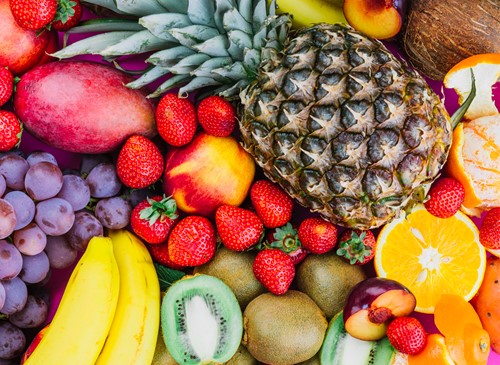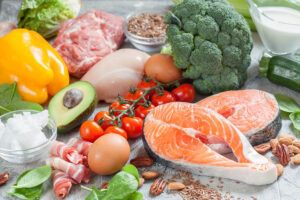The first recommendation for a healthy lifestyle is to consume more fruits and vegetables. Fruits in particular are recommended as substitutes for desserts and juices because of their low sugar content and high levels of fiber compared to these two. However, just as there are fruits that are highly beneficial, there can also be harmful fruits to the liver.
It is important to remember that no single food is harmful. If consumed within a varied diet with natural ingredients, all fruits are beneficial, but some should be consumed in moderation to maintain healthy liver conditions.
By harmful fruits to the liver then we mean fruits that are high in calories, high in sugars, and should be limited to a few servings, as this can lead to conditions such as fatty liver disease.
This is because excess sugar is harmful to the body. This includes both regular table sugar or sucrose and fructose and glucose, both of which are contained in fruits and other sources such as natural syrups and honey.
Fruits that can be harmful to the liver:

Raisins and dehydrated fruits
Grapes have 16.25 grams of sugar per 100 grams and when dehydrated, they have higher sugar content that makes it easier to overeat.

Bananas
100 grams of bananas have 12.13 grams of sugar. It is recommended to limit consumption to 1-2 pieces per day.

Figs
Figs are one of the sweetest fruits and 100 grams contain 16.26 grams of sugar.

Dates
Dates are the fruit with the highest sugar content with 63.95 grams of sugar per 100 grams of the product.

Mangoes
Ripe mangoes have 13.66 gr. of sugar per 100 gr. of fruit.

Cherries
Finally, natural cherries have up to 12.82 gr. of sugar per 100 gr.
The most recommended is to eat the fruits whole and fresh, with skin when possible, as this way you can take advantage of all the nutrients and antioxidants they have.
As the last recommendation, eating whole fruits is the best option to take advantage of the fiber and natural nutrients they contain. This way fruits are digested slowly, without affecting the liver and generating a feeling of satiety.














